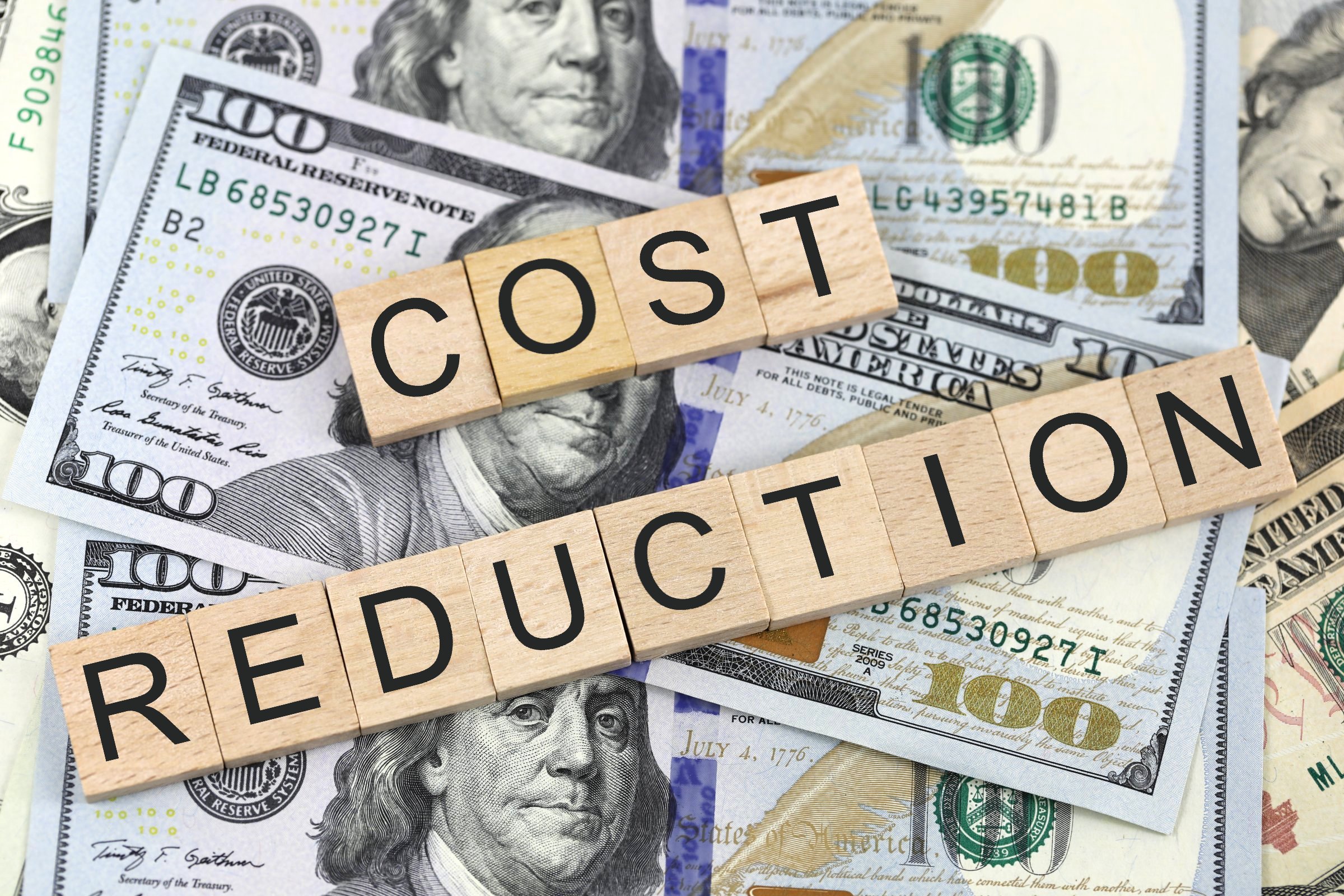Sustainable living is both a beneficial and healthy practice that solar panels help sustain. Solar energy, harnessed through these panels, represents a greener, more sustainable future, but beyond their environmental benefits, they also provide economic benefits being their return on investment (ROI). This detailed guide explains the various benefits that solar panels offer as well as other related information about them.
1. Unraveling the Economics of Solar Power

Solar power's ROI starts with how solar panels convert sunlight to electricity, which can then be used to power your home or business. This conversion process is efficient and free once the initial setup costs are covered. These setup costs, encompassing the panels, inverters, mounting equipment, and installation, represent the initial investment. This ROI is one of the many financial appeals of solar power which essentially gives you money back on this initial investment. Examples of them include energy bill reductions, tax incentives, and increased property values. Understanding the economics of solar power is the first step towards realizing the substantial return on investment that solar panels can offer, not only in financial terms but also in contributing to a cleaner, sustainable future.
2. The Tangible Returns: Bill Reductions and Tax Incentives

After installation, solar panels start to chip away at your monthly electricity bills and decrease them significantly. Depending on the size and efficiency of your installation and energy consumption patterns of your household, these savings can range from substantial to nearly covering most of your energy costs. Additionally, many governments offer beneficial tax incentives for solar panel installation, viewing it as a step towards national energy independence and less traditional energy use. These incentives can lower the net cost of your solar panel system, thus boosting the ROI. Enjoying reduced electricity bills and taking advantage of tax incentives post-solar panel installation showcases the tangible financial benefits that contribute to the overall return on investment in solar energy.
3. Beyond Numbers: The Intangible Benefits

The ROI of solar panels is not just about financial returns. It's also about benefits toward the world as a whole. These include less dependency on fossil fuels, contribution to the fight against climate change, and the increasing clean energy worldwide. In modern times, where the health of our planet is a growing concern due to pollution from fossil fuels and other harmful human intervention, these benefits are very important. The intangible benefits of solar panels extend beyond monetary returns, encompassing a global impact through reduced dependency on fossil fuels, active participation in the fight against climate change, and the promotion of clean energy worldwide.
4. The Longevity and Reliability of Solar Installations

An important factor that contributes to the ROI of solar panels is their durability and longevity. Modern solar panels are built to last and often come with warranties of over 25 years . This longer lifespan means that once the initial payback period is over, usually from 5 to 10 years, the solar panels continue to generate free electricity for many years after. This durable nature y is important in an economic sense, as it means a longer period of savings, which in turn offsets the more expensive investment price.
5. The Ripple Effect: Solar Panels and Property Value

Solar panels do more than just save money on energy bills; they also increase the value of your property. Studies have shown that homes with solar panel installations sell at higher prices compared to those without. This increase in property value is yet another way in which solar panels deliver financial returns. For homeowners, this means that the investment in solar technology not only pays for energy savings but also contributes to the overall value of their home. Solar panels not only provide an initial payback period but also continue to deliver free electricity for many years, emphasizing the enduring reliability and longevity that contribute significantly to the return on investment.
6. The Future Perspective: Escalating Energy Costs and Solar Savings

When considering the ROI of solar panels, it's essential to consider energy costs. With traditional energy prices increasing, the savings that can be achieved by investing solar energy are also bound to increase over time. This aspect of solar energy investment is very beneficial, as it provides a meaningful reason as to why to invest in solar as savings grow as electricity prices escalate. In this way, solar panels are not just a single investment but a strategic method against future financial spikes in traditional energy sources. Considering the rising costs of traditional energy sources, the potential for increased savings over time positions solar panels as a strategic investment against future financial spikes, further solidifying their long-term return on investment.
7. Embracing Energy Independence: Solar Power in the Broader Context

The usage of solar panels is more than just individual financial benefits, it also relates to energy independence. By creating your own electricity, you don't have to rely on national energy sources and you can protect yourself from increasing prices in the energy market, as stated earlier. This form of energy independence not only makes energy more valuable and accessible but also aligns with the worldwide goals of reducing reliance on non-renewable and polluting energy sources. As more and more solar power is used, energy independence increases significantly and allows for a better environment and economy. Embracing solar power extends beyond individual financial benefits by fostering energy independence, contributing to a more sustainable and resilient future.
In conclusion, the ROI of solar panels is beneficial in many ways, extending from helping individuals financially, to helping the world as a whole move toward more renewable energy sources. As solar panel technology continues to develop and become more accessible, solar energy will be used even more increasingly and the ROI will only increase subsequently as well. For those of you looking to make a difference both financially and environmentally, solar panels represent a great opportunity to contribute to a more sustainable, renewable, and energy-dependent future all while saving money simultaneously.


